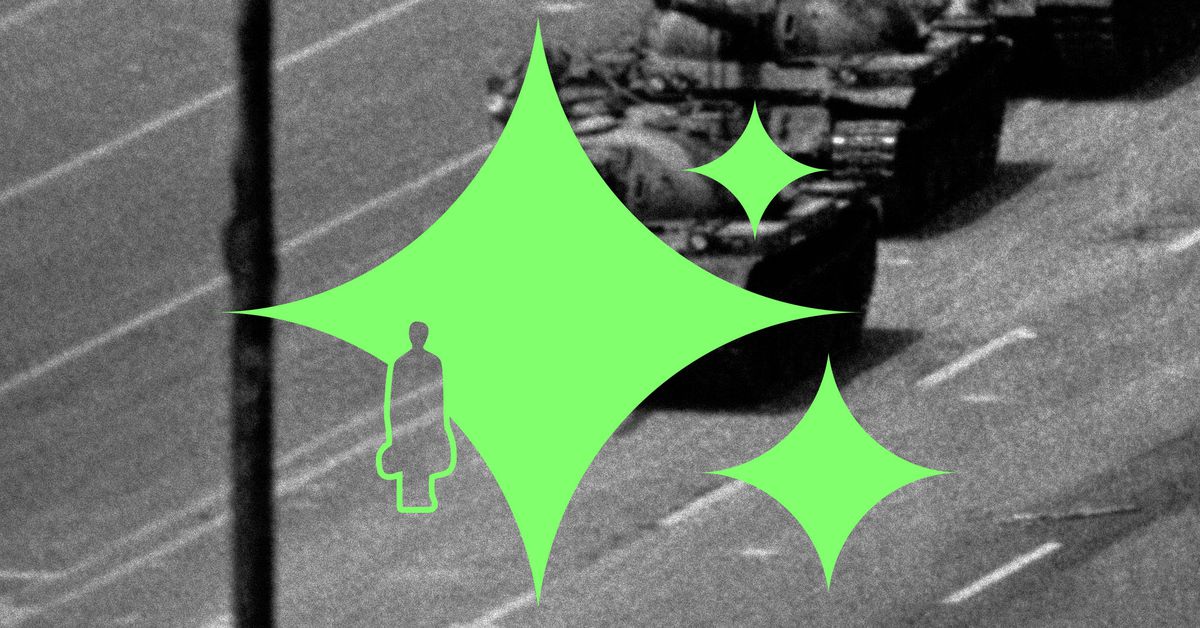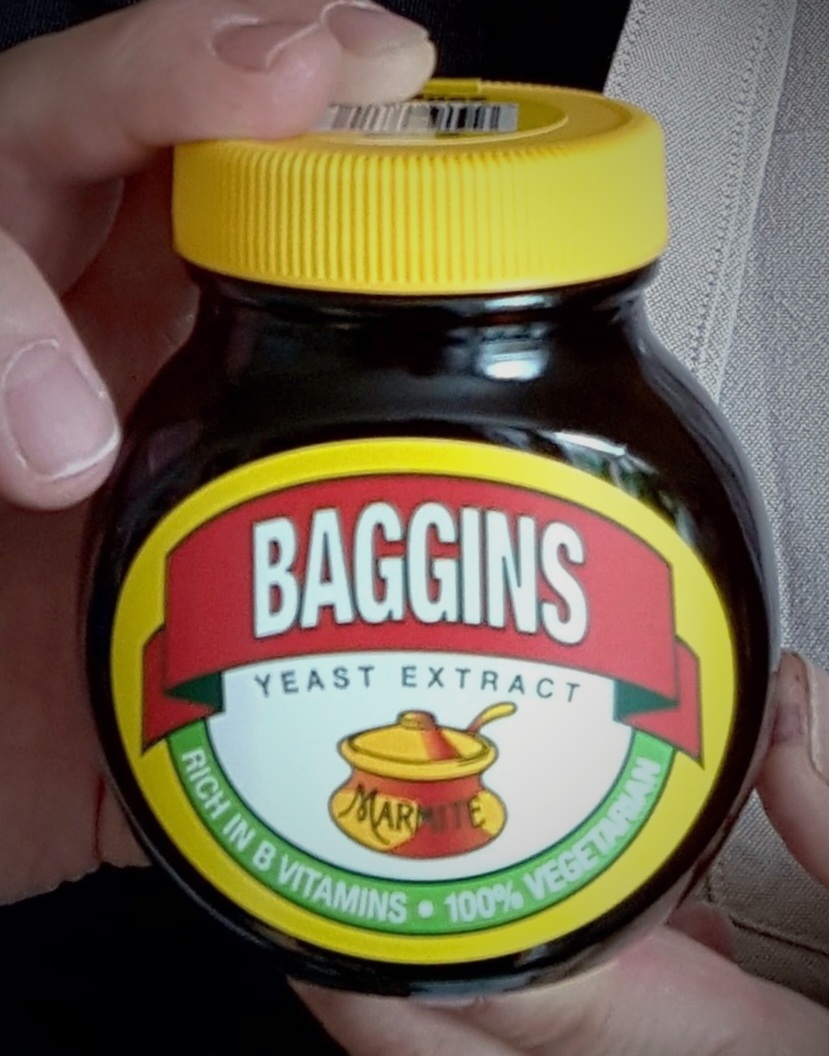Our basic assumptions about photos capturing reality
Your assumption, not our. I thought its an old topic. Also what does reality even mean? What we see is the reality? Does this mean animals don’t see the reality, because they see it differently? I see this article is about AI, but even then we had image editing even before digital and computing ages. Images were photoshopped before computer in Darkrooms. But that’s not all. The entire process of capturing an image itself can’t capture the “reality”, only an interpretation (such as eyes do).
Every photographer knows (or should) that photography is not always about capturing reality; its art. The framing of the image, meaning only a part can be seen, is an artistic choice. The shutter speed is an artistic choice. The depth of field of the lens, the zoom of the lens are artistic choices. What part of the image will get the focus?
The cameras setting for ISO, meaning the sensitivity of light is also an artistic choice. The placement of light to get a specific effect or even a camera flash to get certain amount of light and maybe freeze a frame that would be impossible to see otherwise. And the choice of white balance affecting the coloring. Camera sensors can’t capture the entire spectrum of light or the complete dynamic range we can see with our eyes. That means there is compromise at this level too.
I’m not done yet. The camera doesn’t capture an image as we know, such as JPEG. The raw format of a camera is not processed yet (but it has some processing builtin, just not too much). Meaning the image is very blurry and pixelated when converted to pixel format we can see. It has to be sharpened to make photos look as we know. Either automatically when saving as JPEG or later with a software that can handle RAW image formats of the camera. That is all an artistic choice.
Yes, and yes. I just used the term “photoshopped” as I found it funny in this context. As in “the ancient greeks googled in their libraries” or something like that.





